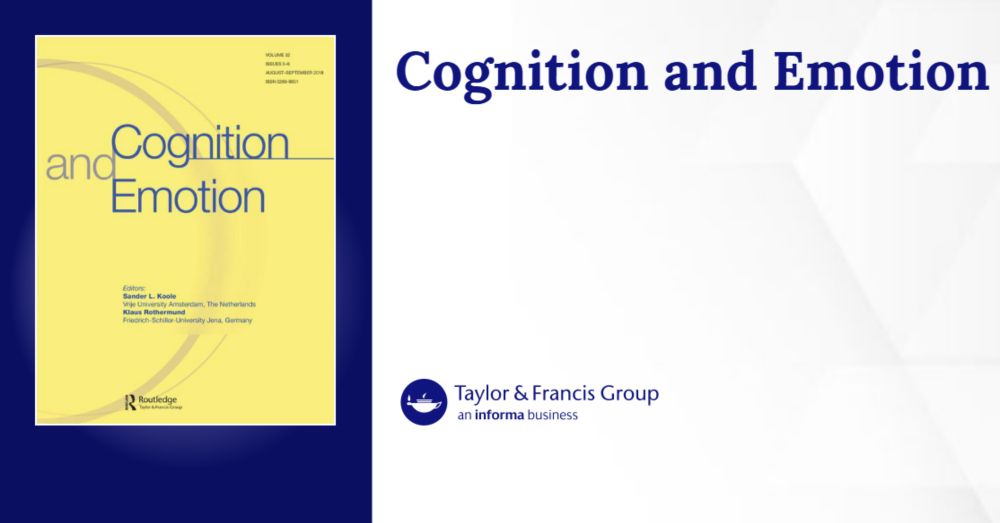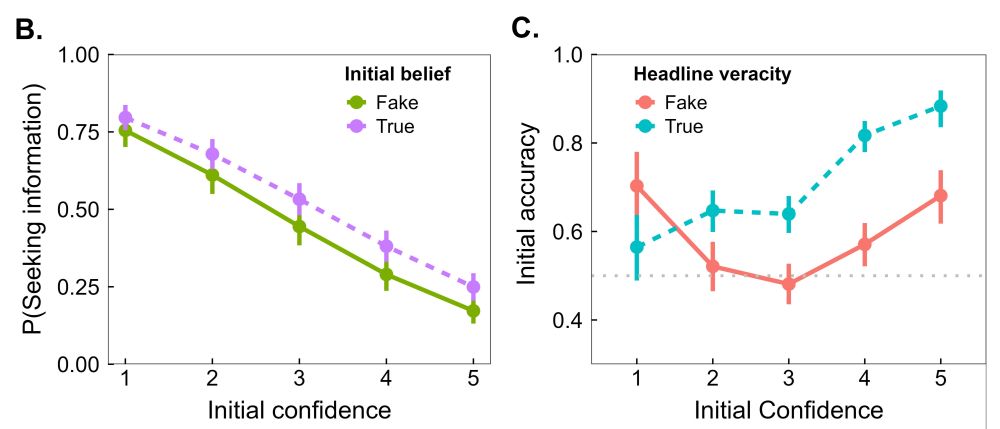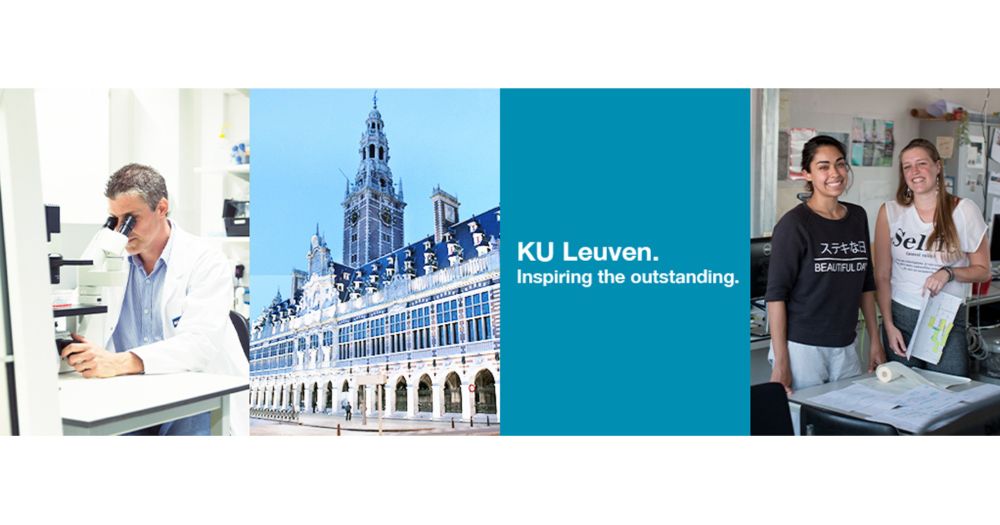Hélène Van Marcke
@helenevanmarcke.bsky.social
68 followers
110 following
13 posts
PhD student, Brain & Cognition @KULeuven | metacognition & decision-making
Posts
Media
Videos
Starter Packs
Pinned
Reposted by Hélène Van Marcke
Reposted by Hélène Van Marcke
Reposted by Hélène Van Marcke
Reposted by Hélène Van Marcke
Reposted by Hélène Van Marcke
Reposted by Hélène Van Marcke
Kobe Desender
@kobedesender.bsky.social
· Jan 20

Metacognitive confidence and affect – two sides of the same coin?
Decision confidence is a prototypical metacognitive representation that is thought to approximate the probability that a decision is correct. The perception of being correct has also been associate...
www.tandfonline.com







